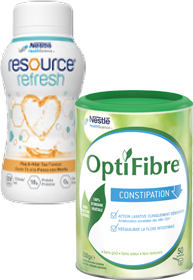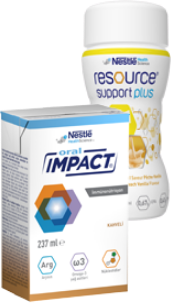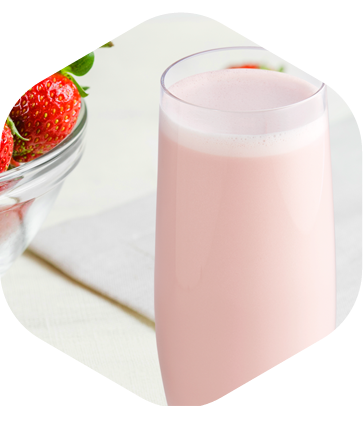How to Keep a Good Mental Health After Going Through Cancer Treatment
Psychological follow-up and other therapeutic approaches are helpful for promoting wellness and avoiding negative emotions after the treatment has ended1
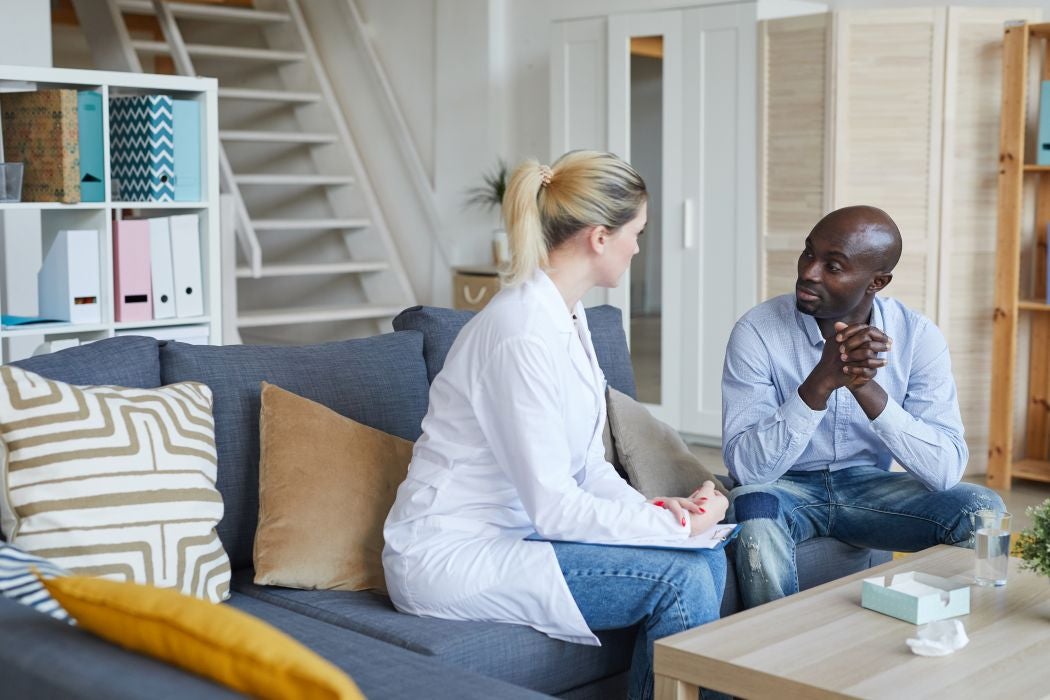
Being afraid that the cancer might come back is something common, especially in the first year after treatment, as well as being insecure about possible physical changes, such as hair loss and weight changes.1 These feelings can bring about other ones, such as sadness and even anger, which can, in turn, lead to more serious issues, such as depression and an anxiety disorder.1,2
Why it’s important to begin or continue psychological therapy after the cancer treatment
Even after the treatment has come to an end, the psychological impact of having the disease can last for five years at least.2 That’s why psychological therapy sessions are recommended to encourage what is called "post-traumatic growth". The goal is to inspire people to make positive changes on themselves and their personal relationships, and to be able to see new possibilities in life. This type of therapy also helps prevent and even treat eating disorders that may have had developed during the treatment, such as food obsession and anorexia.3,5
Along with the cancer treatment, psychological therapy is great for reducing stress and improving emotional health.3,4
Beneficial practices for mental health after the cancer treatment
At the same time that psychotherapy helps easing the psychological impact of cancer, there are other ways to pursue more quality of life. Some examples include:
Practicing physical exercise with previous medical clearance - about 66% of people who go through cancer treatments carry on doing little or no exercise regularly. However, working out reduces negative feelings and thoughts, such as:
- Fear of the cancer coming back;
- Anxiety;
- Fatigue;
- Pain.
It’s also helpful to:
- Self-esteem;
- Emotional well-being;
- Self body image acceptance;
- Sexuality;
- Having quality sleep;
- Social interactions.
Experts recommend seeking a personal trainer’s guidance and including regular exercise into daily routine, whether it’s walking, cycling, swimming or any other activity that is safe to one’s conditions.6
Meditating - There are several kinds of meditation techniques to chose from which help practicing mindfulness, a mental state of balanced emotions and focus on the moment. Besides, meditating is a way to just be able to relax and control negative thoughts, even for people with depression or anxiety diagnosis and having crises.1,7
Finding ways of expressing oneself - music, dance and visual arts (e.g., painting and drawing) are some examples of activities that entertain, stimulate creativity and help relieve negative emotions.1
References:
1 - Facing Forward – Life after Cancer Treatment. Available at: https://www.cancer.gov/publications/patient-education/life-after-treatment.pdf. Access on: November/2019.
2 - Stein KD, Syrjala KL, Andrykowski MA. Physical and psychological long‐term and late effects of câncer. Available at: https://onlinelibrary.wiley.com/doi/10.1002/cncr.23448. Access on: November/2019.
3 - Ochoa C, Grau AC-, Vives J, Font A, Borràs J-M. Positive psychotherapy for distressed cancer survivors: Posttraumatic growth facilitation reduces posttraumatic stress. Available at: https://www.elsevier.es/en-revista-international-journal-clinical-health-psychology-355-articulo-positive-psychotherapy-for-distressed-cancer-S1697260016300552. Access on: November/2019.
4 - Spiegel D. Minding the body: Psychotherapy and cancer survival. Available at: https://onlinelibrary.wiley.com/doi/full/10.1111/bjhp.12061. Access on: November/2019.
5 - Hossein SA, Bahrami M, Mohamadirizi S, Paknaad Z. Investigation of eating disorders in cancer patients and its relevance with body image. Available at: https://www.ncbi.nlm.nih.gov/pmc/articles/PMC4462057/. Access on: November/2019.
6 - Vijayvergia N, Denlinger CS. Lifestyle Factors in Cancer Survivorship: Where We Are and Where We Are Headed. Available at: https://www.ncbi.nlm.nih.gov/pmc/articles/PMC4600146/. Access on: November/2019.
7 - Mehta R, Sharma K, L Potters, Wernicke AG, Parashar B. Evidence for the Role of Mindfulness in Cancer: Benefits and Techniques. Available at: https://www.ncbi.nlm.nih.gov/pmc/articles/PMC6623989/. Access on: November/2019.
Know more about the subject
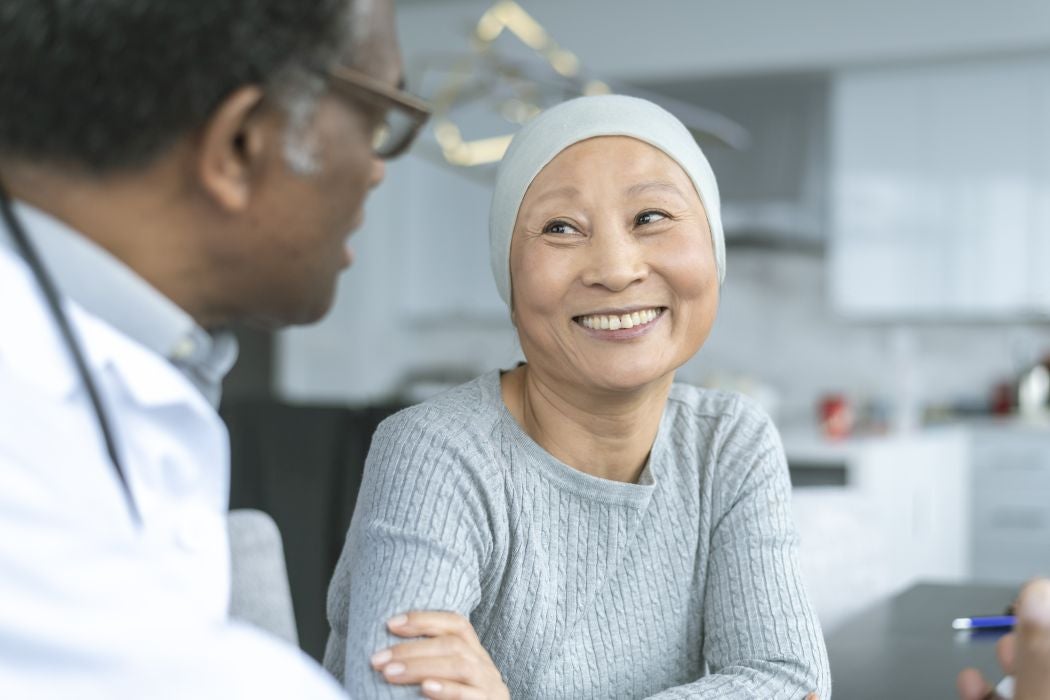
My Treatment Has Ended, What Do I Need to Know?
After your cancer treatment is finished, medical follow-up will continue and it’s important that you change a few habits.
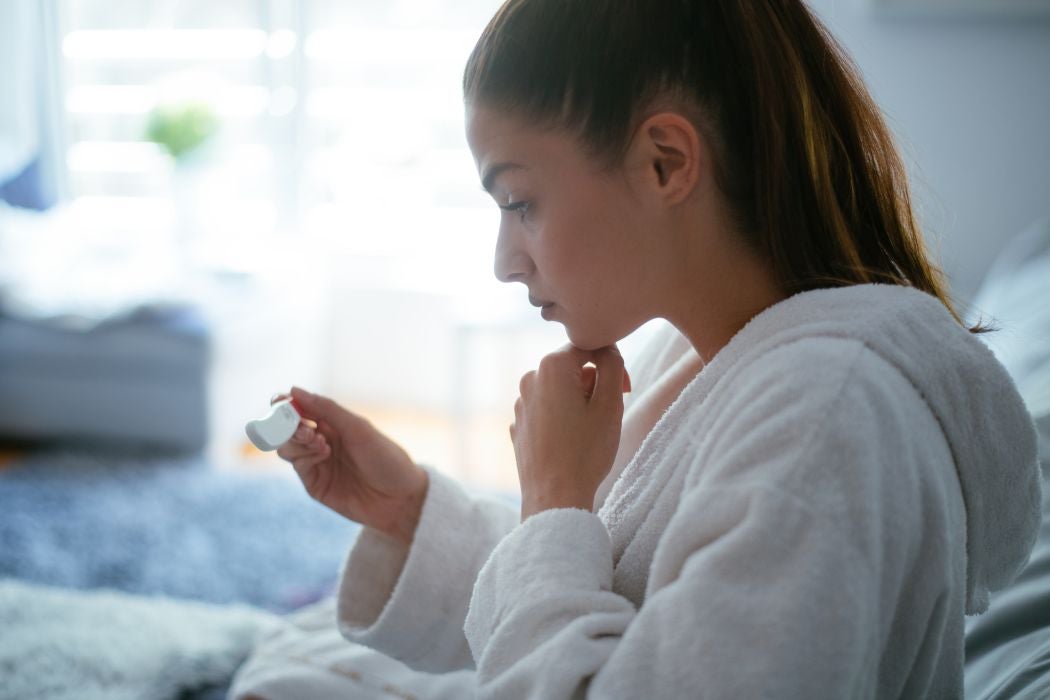
Can Cancer Treatment Affect Fertility?
After the diagnosis, doctor and patient should talk about how treatments could affect fertility and possible ways to preserve it

Going Back to Work and the Social Scene after Cancer Treatment
"Support from family and friends makes things easier, but you need to be mentally prepared and focus on what you need to do."

How to Prepare Some Vegetables While Keeping Their Nutrients
Certain cooking methods can make meals more nutritious

How Psycho-Oncology Can Improve Quality of Life for People with Cancer
Therapy sessions usually focus on pain, fatigue, sexuality and self-esteem1
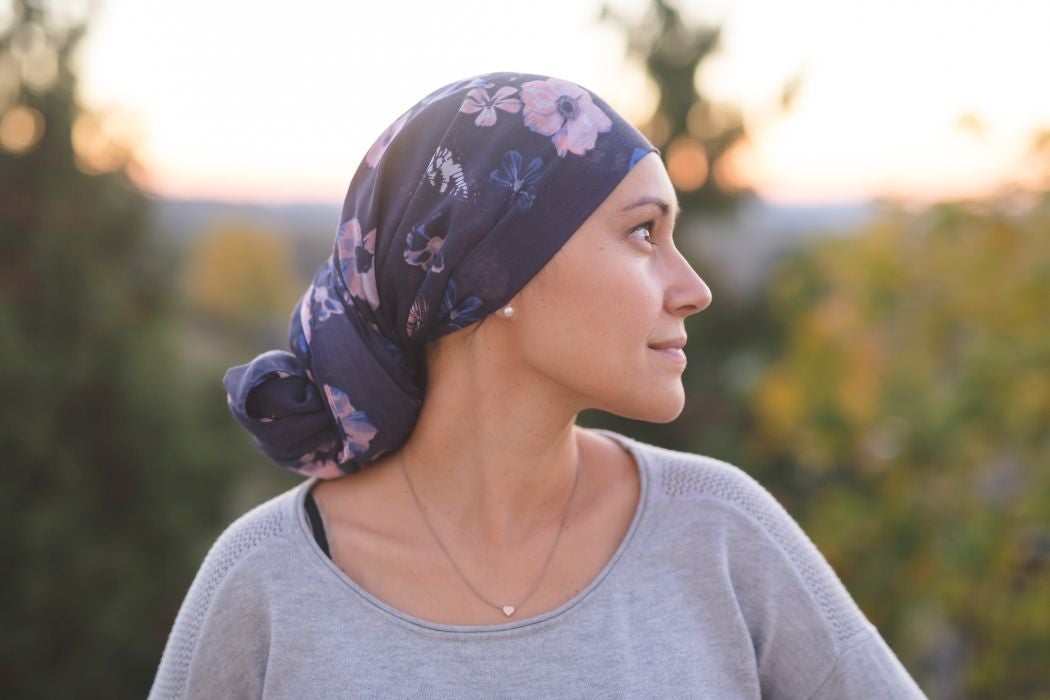
Common Questions About Hair Loss During Cancer Treatment
Although this is deeply associated with cancer treatment, not all people lose their hair

